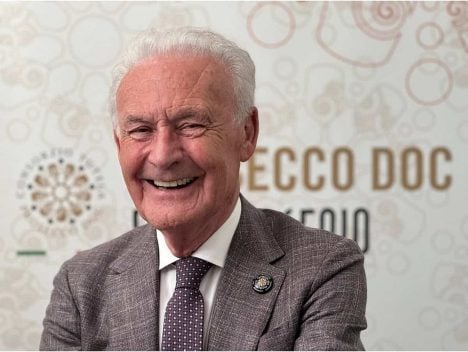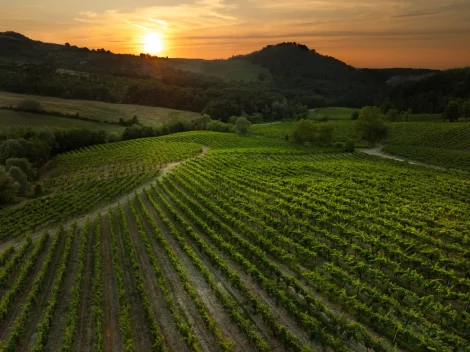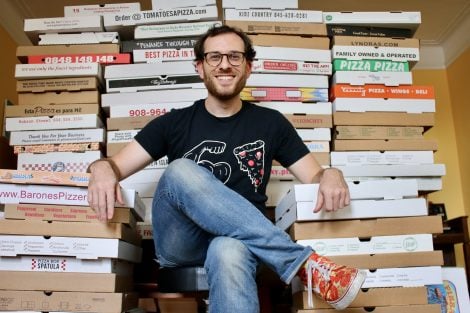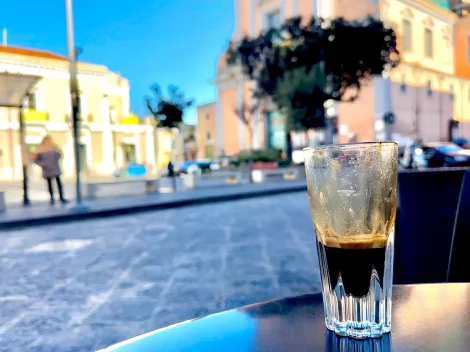The future of viticulture lies in the collection and interpretation of big data and in the applications of Artificial Intelligence (AI). This is the view of Pietro Franceschi, Head of Digital Agriculture at Fondazione Mach, who gives a lecture at the Advanced Training Course The Wine of the Future: new skills for new scenarios, organised by the Gambero Rosso Academy and available online and on demand on the Gambero Rosso website. Satellites, sensors, drones and robots, soil maps and meteorological data are all elements from which agriculture must draw essential information: “It is a mass of data that represents a value and that must be standardised and shared” and, of course, processed by artificial intelligence.
Fields of application
The fields of application are many, as Franceschi highlights. A widely used example is territorial planning: “Using data from satellites and field sensors to identify geographical areas exposed to extreme events, such as frosts, by creating maps of vineyards at risk.” Another example is the fight against drought and water scarcity, which today is “among the hot topics in viticulture. The goal – notes the expert – is to irrigate where, when and how much is needed.”
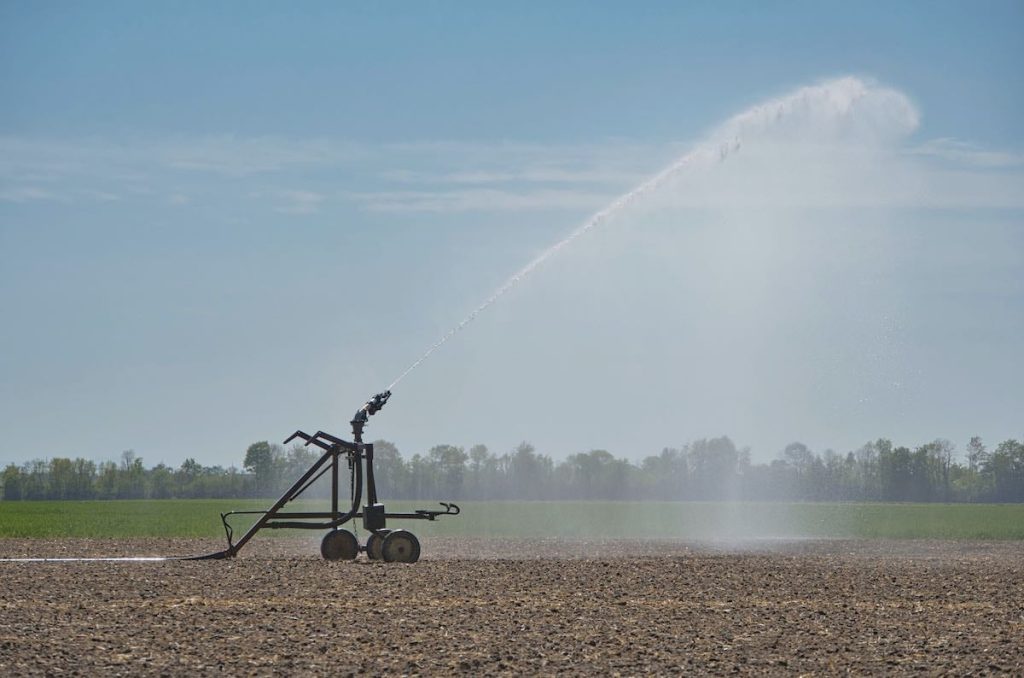
The management of big data
But everything depends on the large databases into which the information flows: “Thanks to artificial intelligence we can automatically know whether to irrigate or not,” as well as manage the use of water during ripening phases “to improve the characteristics of the grapes,” with qualitative advantages for wines. Thirdly, the fight against plant diseases: monitoring through artificial intelligence will facilitate epidemiological studies and “the optimisation of phytosanitary treatments.” In short, according to Franceschi, the digital revolution has begun but the transition in these years requires greater discussion among the stakeholders themselves: “Experts and providers of artificial intelligence, winegrowers and oenologists must share more information, find – this is the expert’s appeal – a unified language and more moments of dialogue.” The benefit would be for everyone.

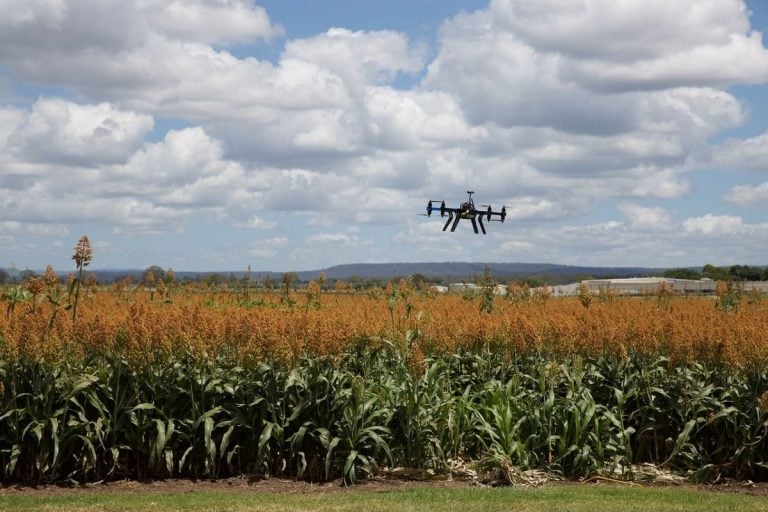
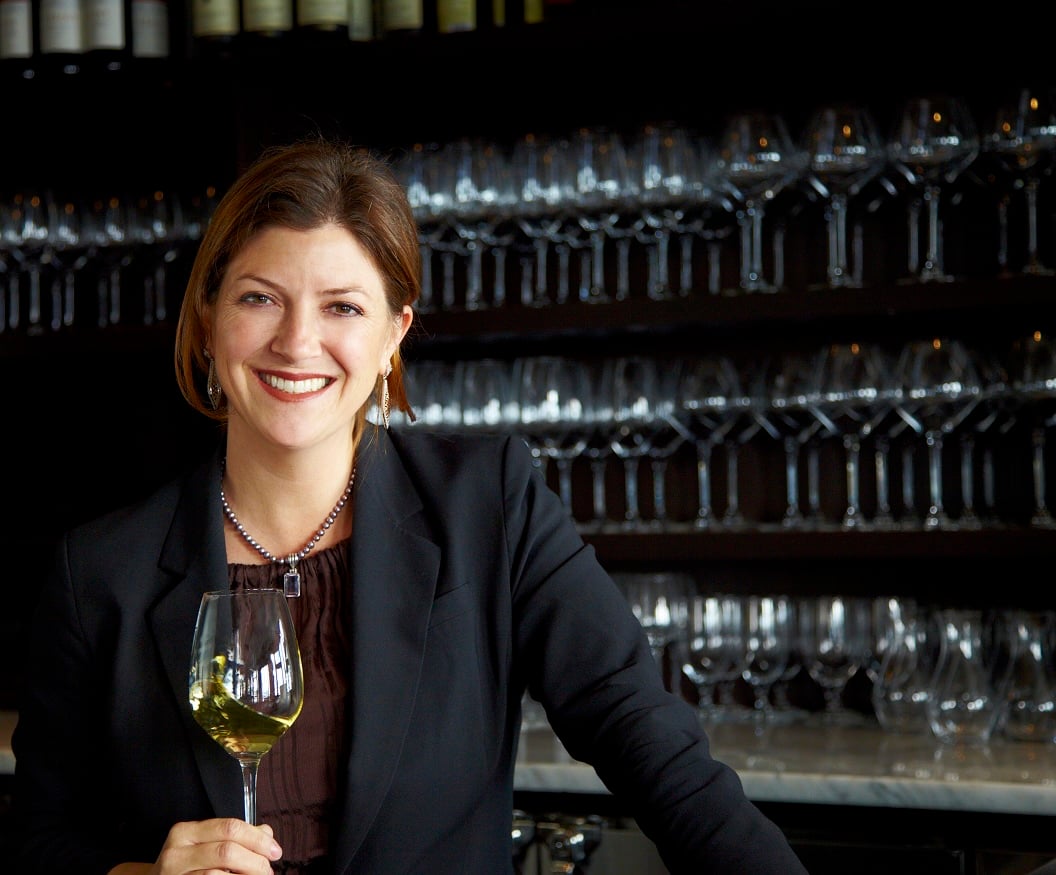 'It's a great time for Italian wine in the US'
'It's a great time for Italian wine in the US'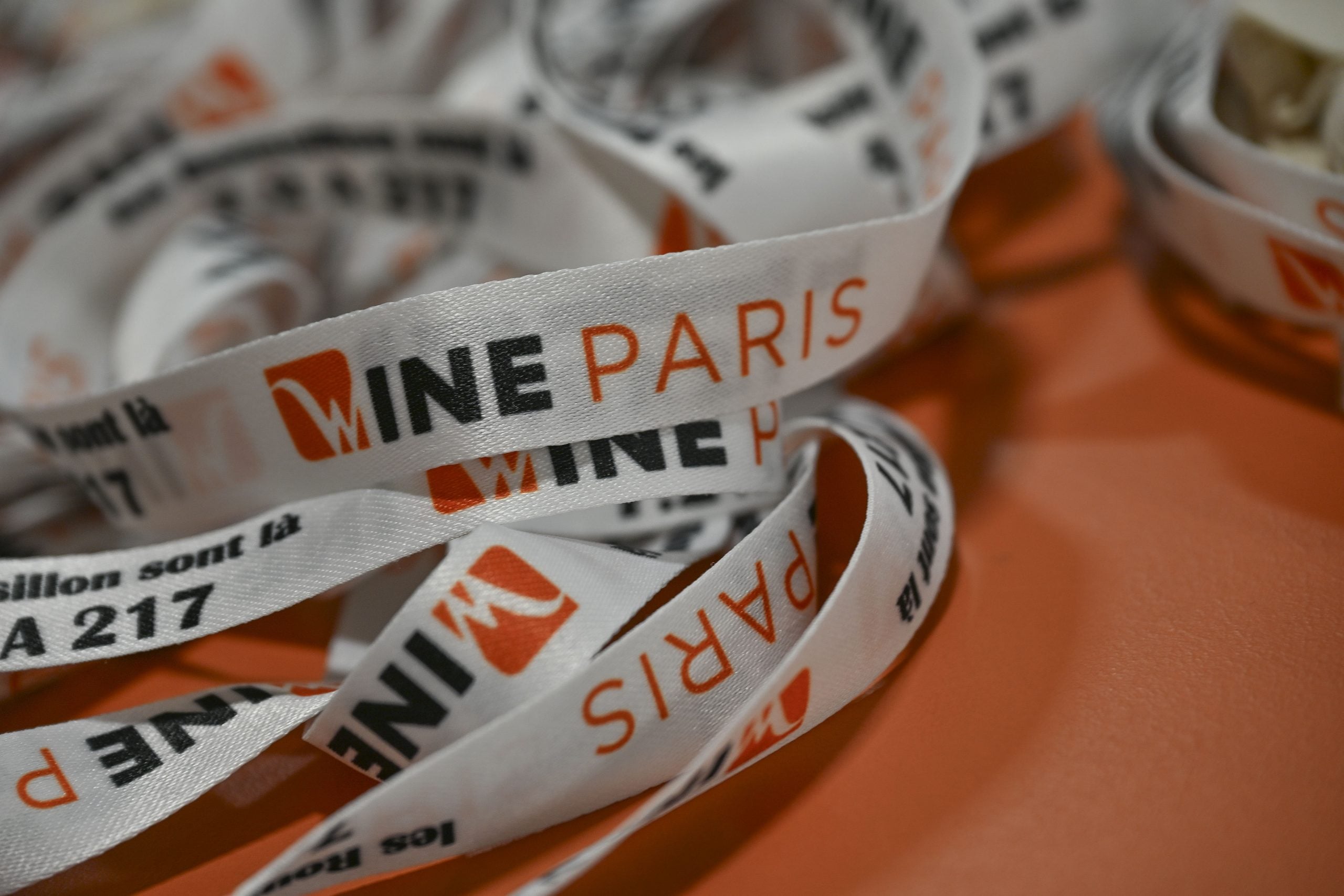 What to expect from Wine Paris 2026
What to expect from Wine Paris 2026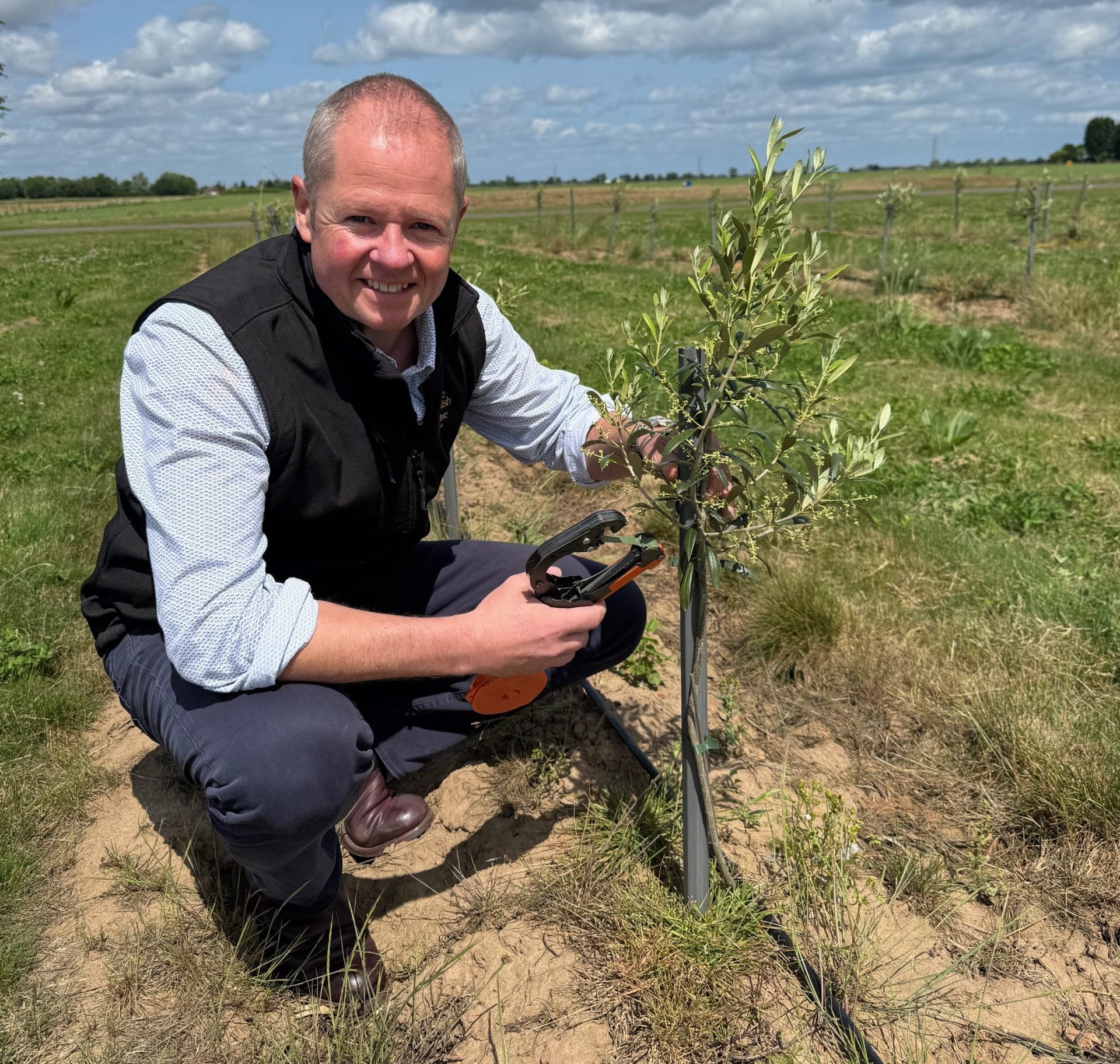 Meet the farmer pioneering English olive oil
Meet the farmer pioneering English olive oil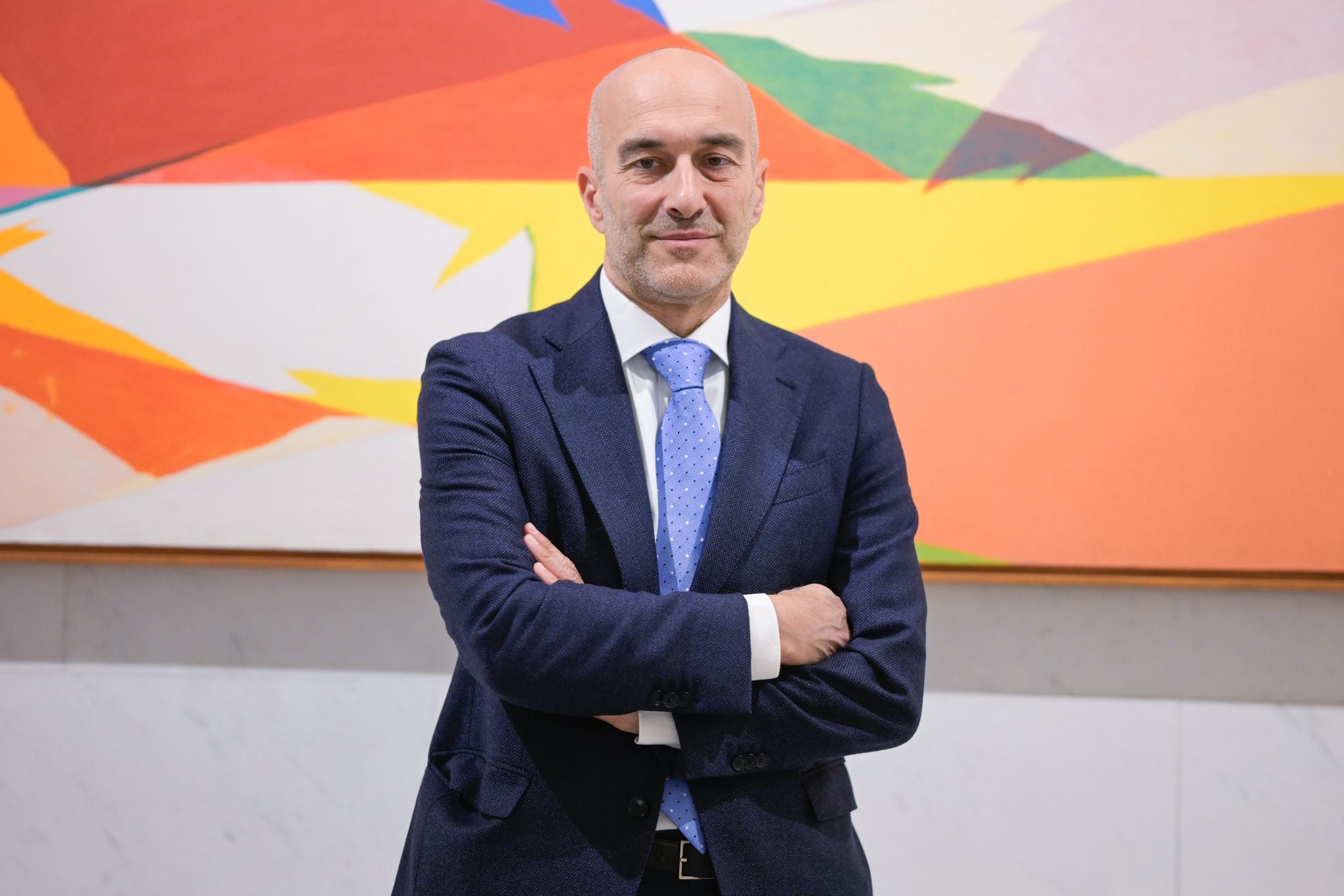 'You cannot ignore a country of more than 230 million people'
'You cannot ignore a country of more than 230 million people' 'I drink wine with Sprite,' confesses Lionel Messi
'I drink wine with Sprite,' confesses Lionel Messi

